|
New
Releases |
January 16, 2026
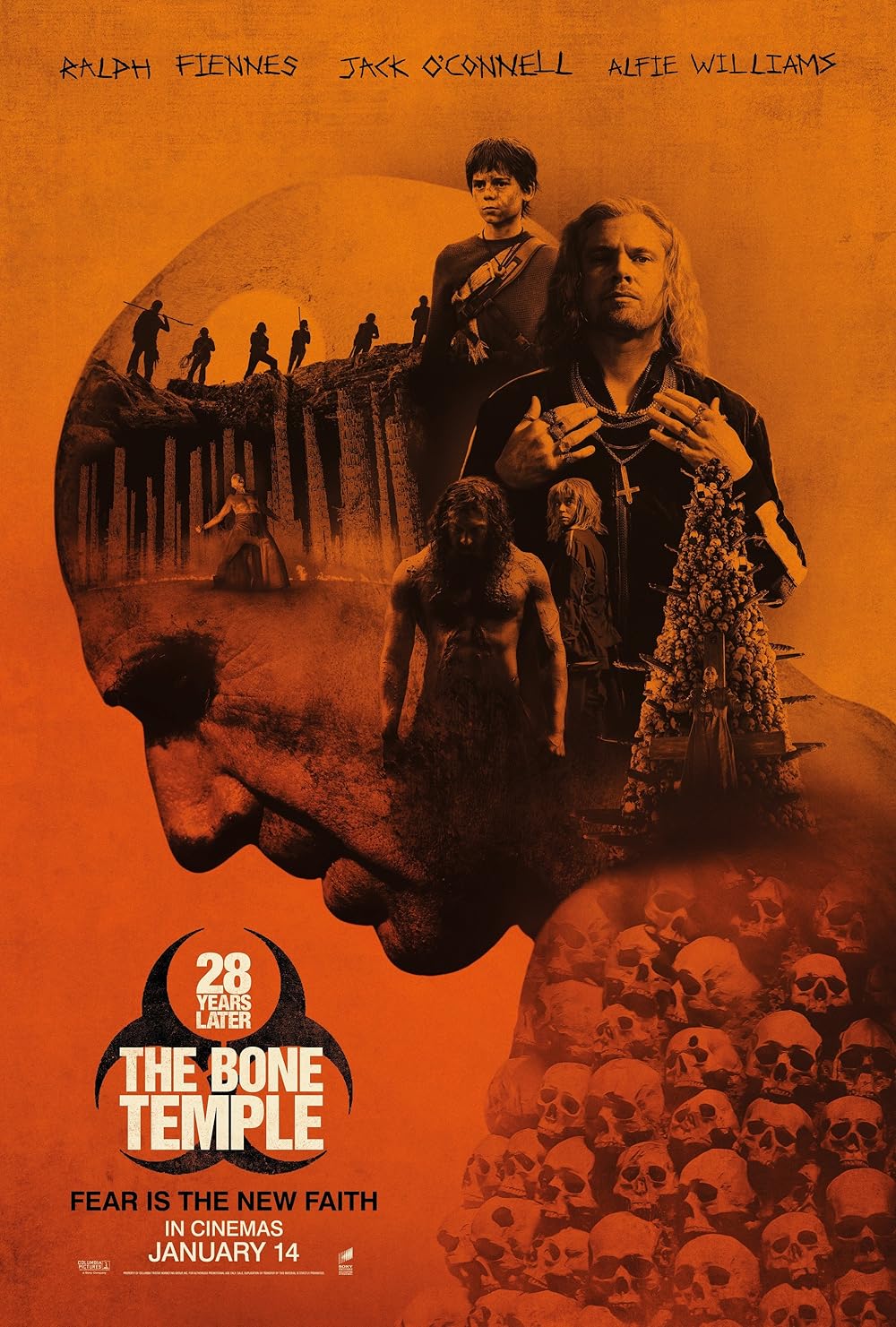
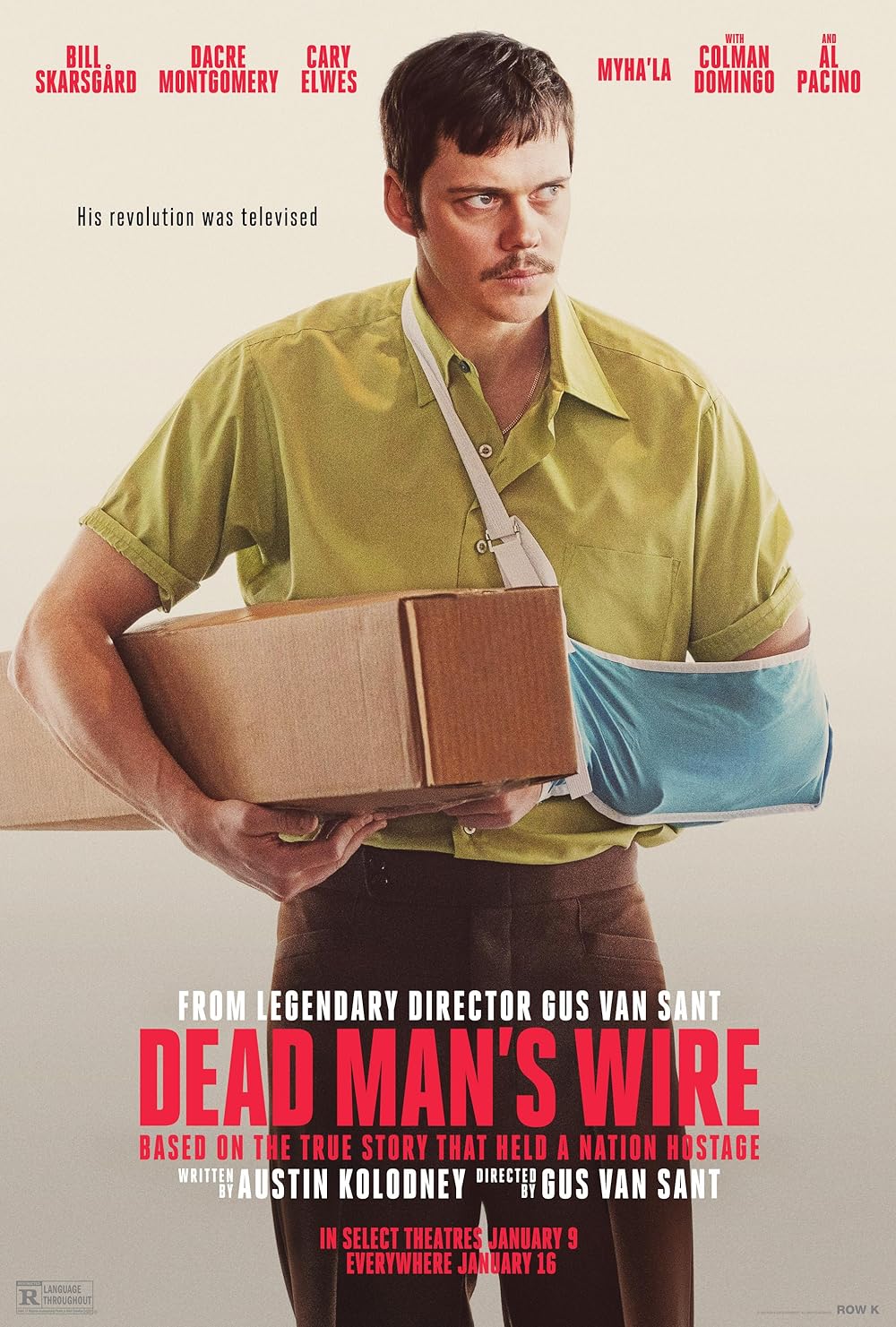

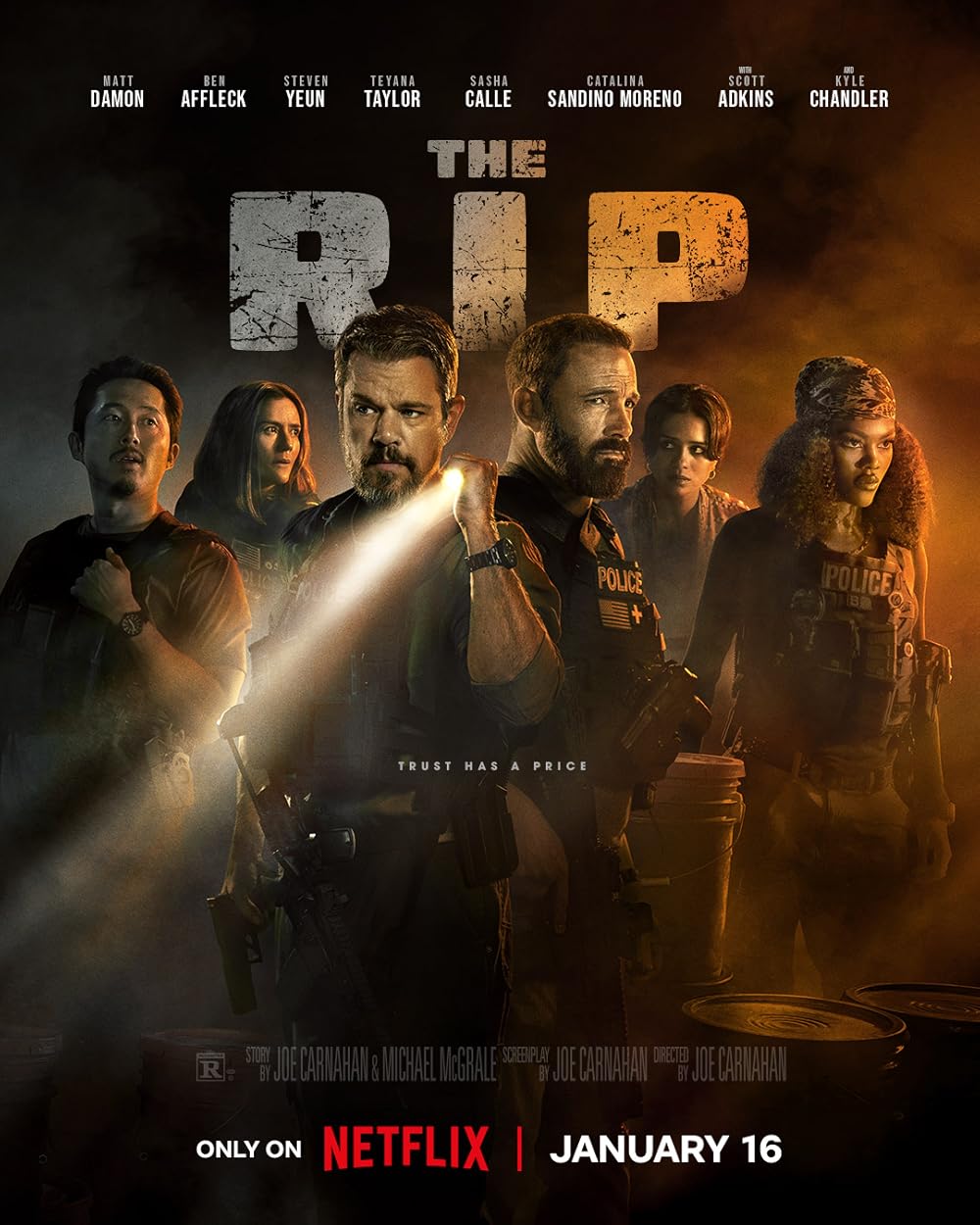 |
January 9, 2026
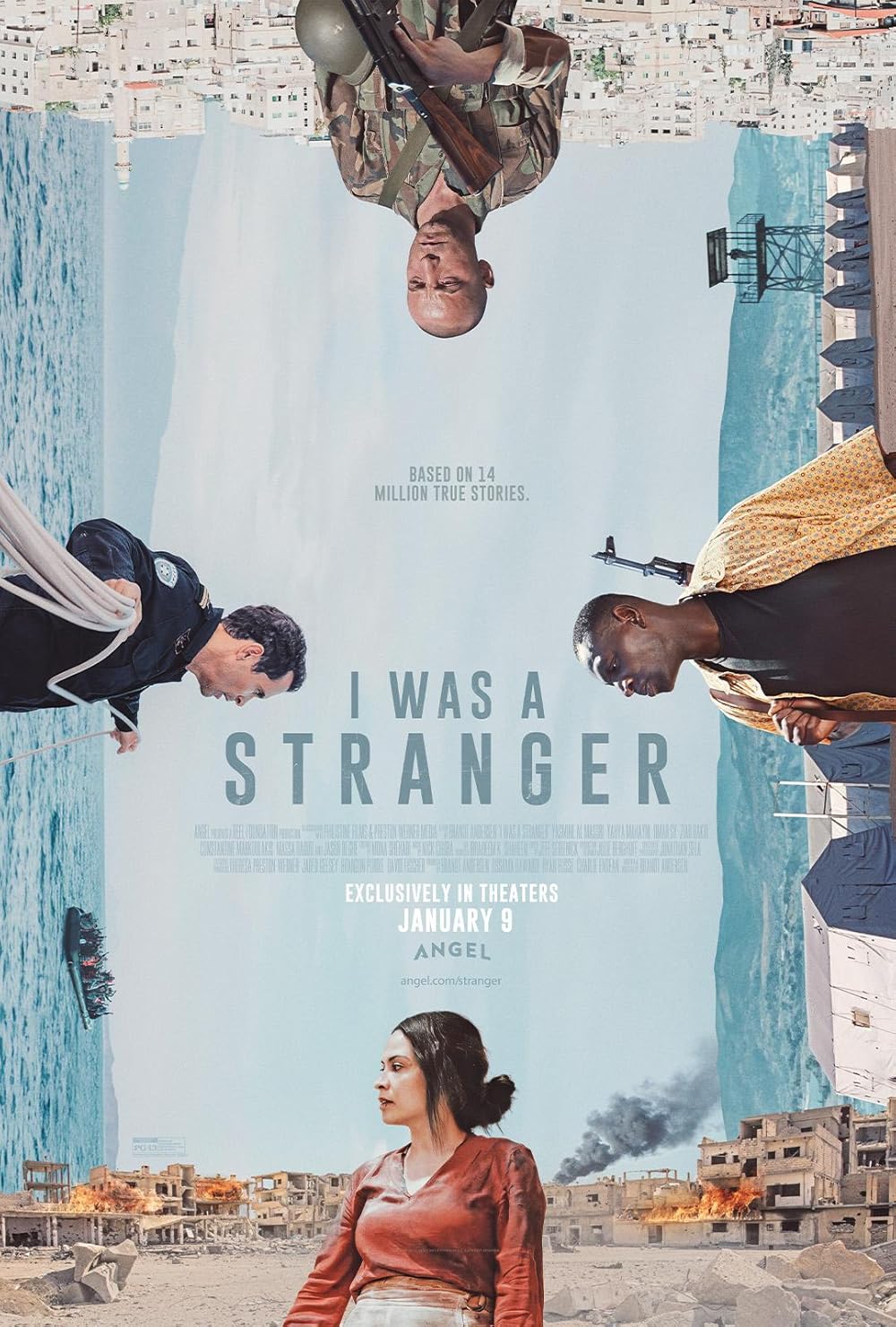
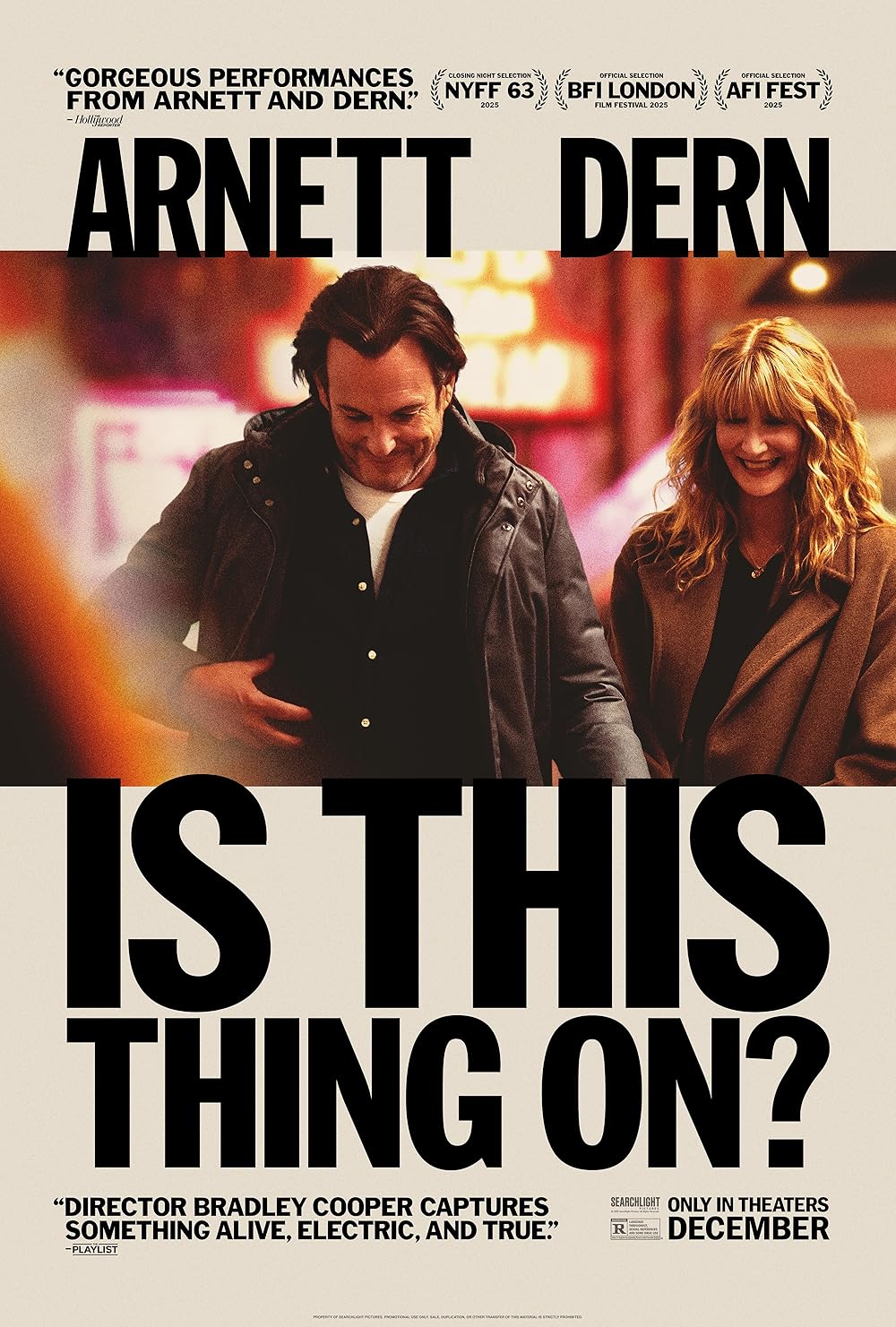 |
January 2, 2026
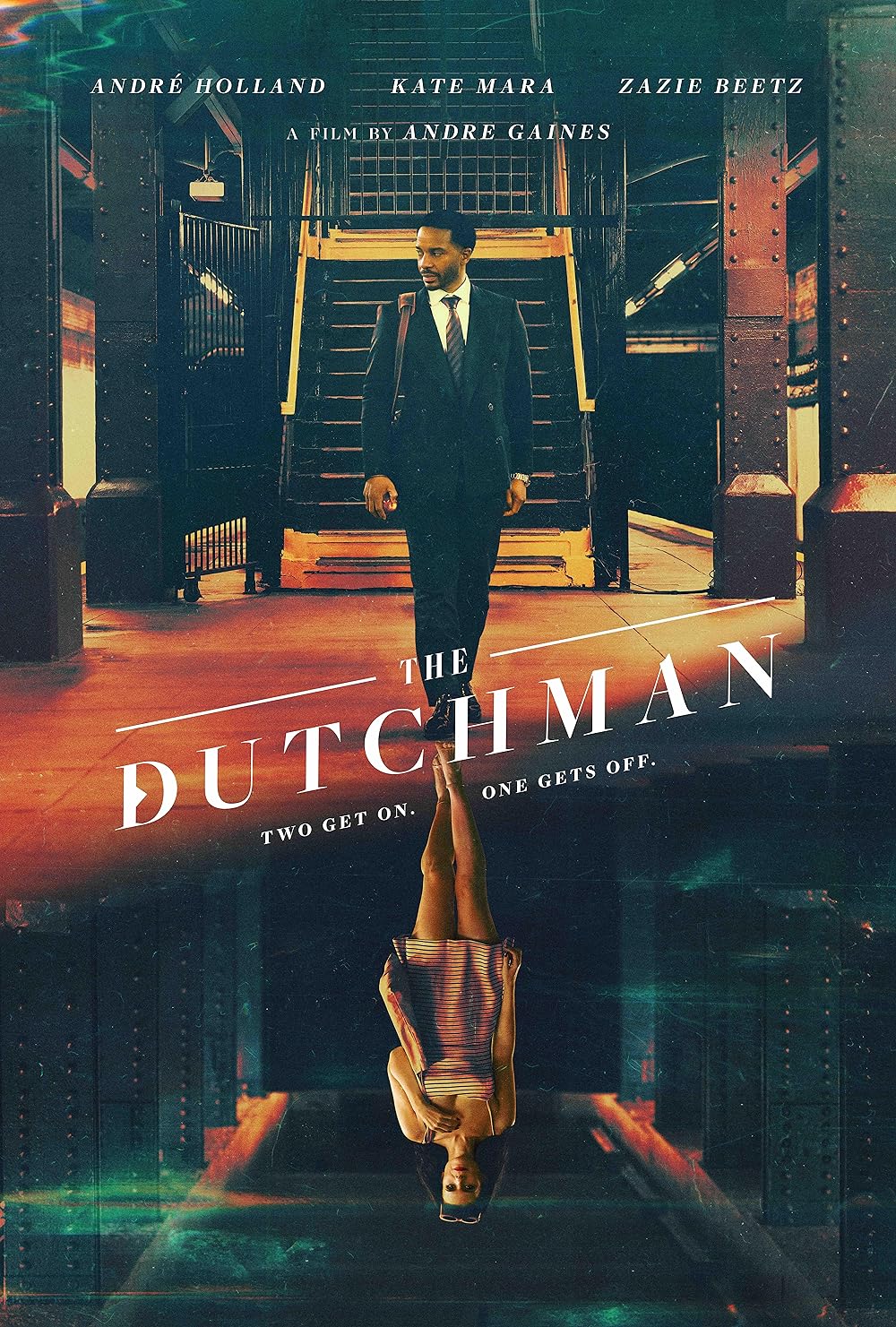
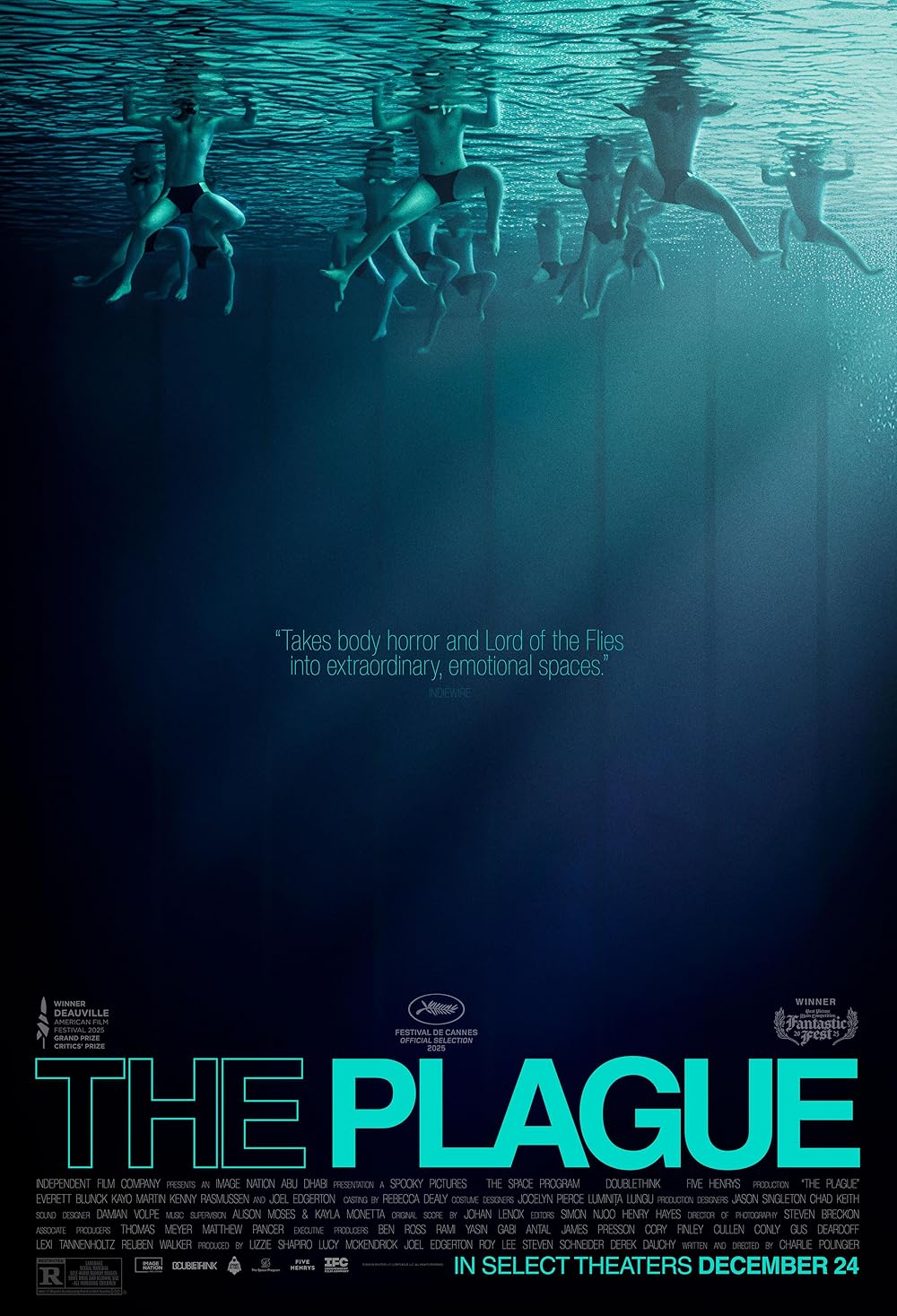
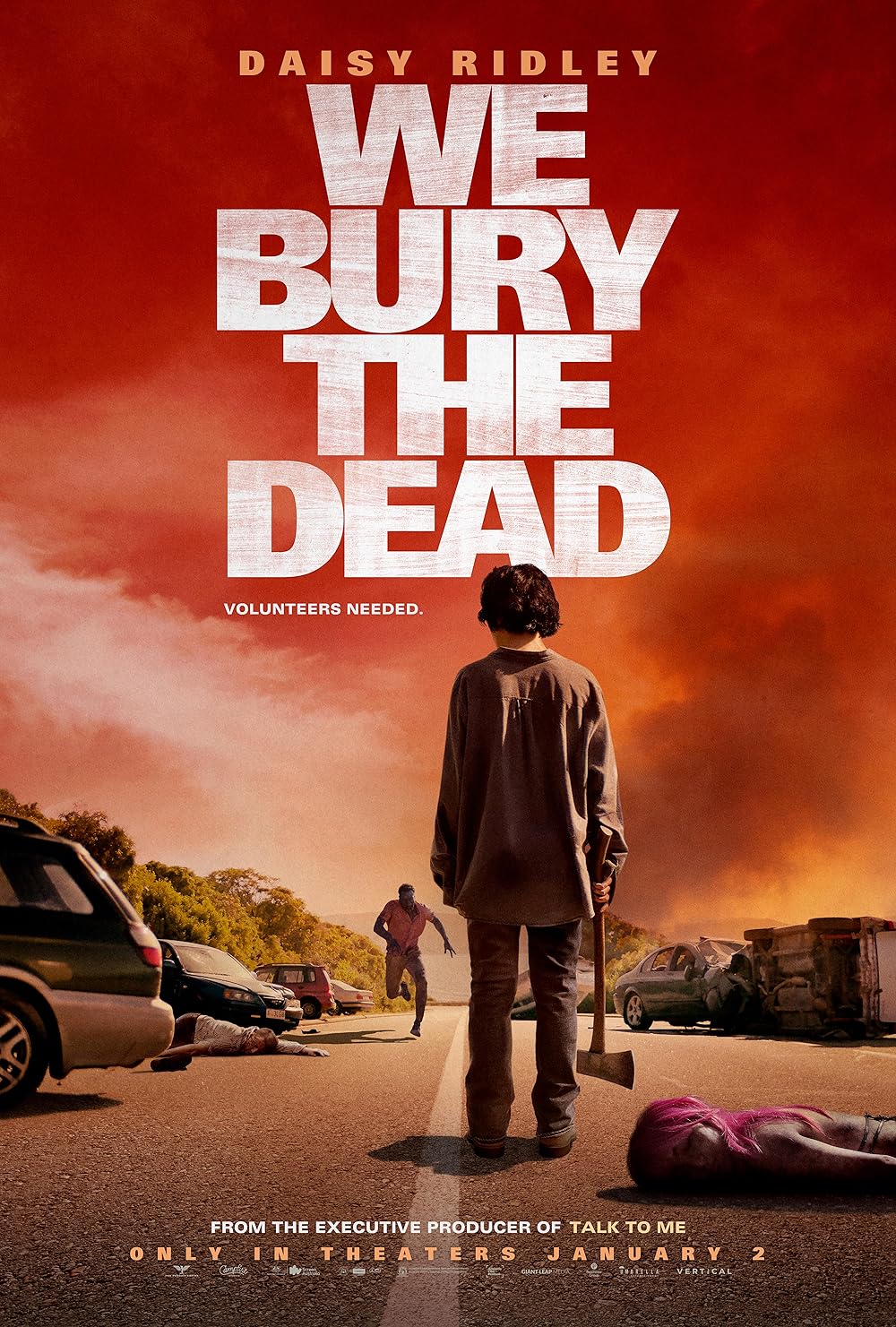 |
December 26, 2025
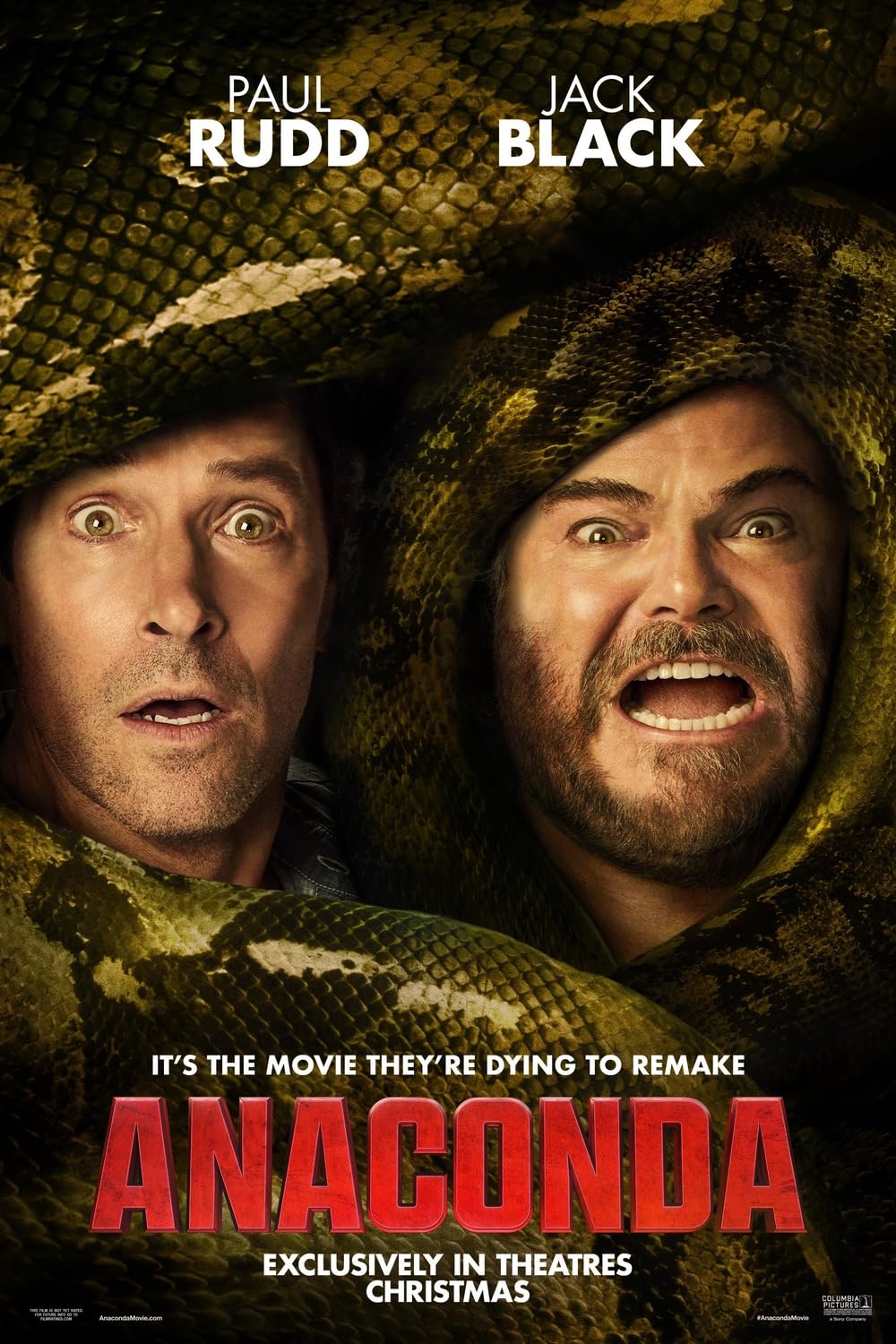




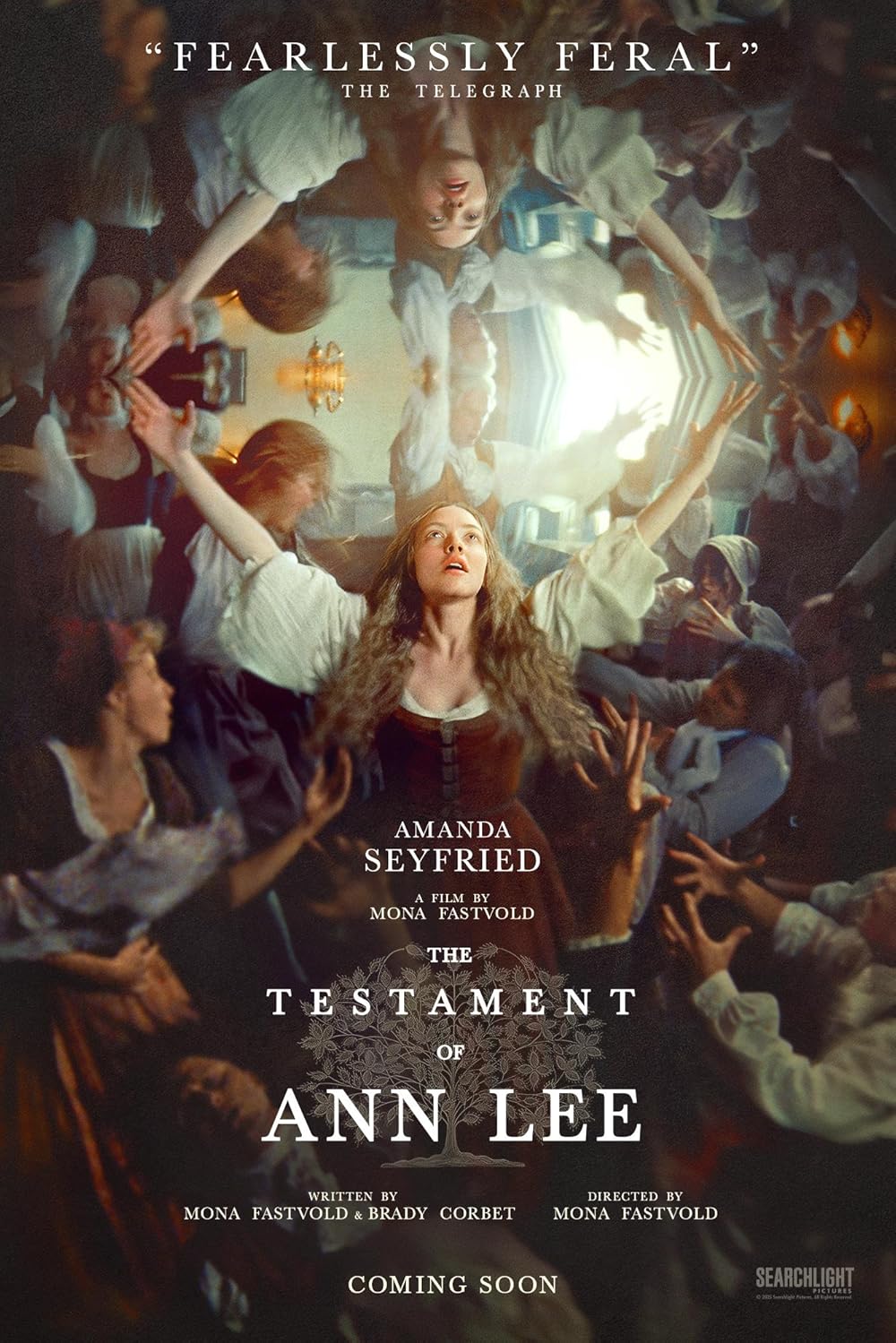 |
December 19, 2025
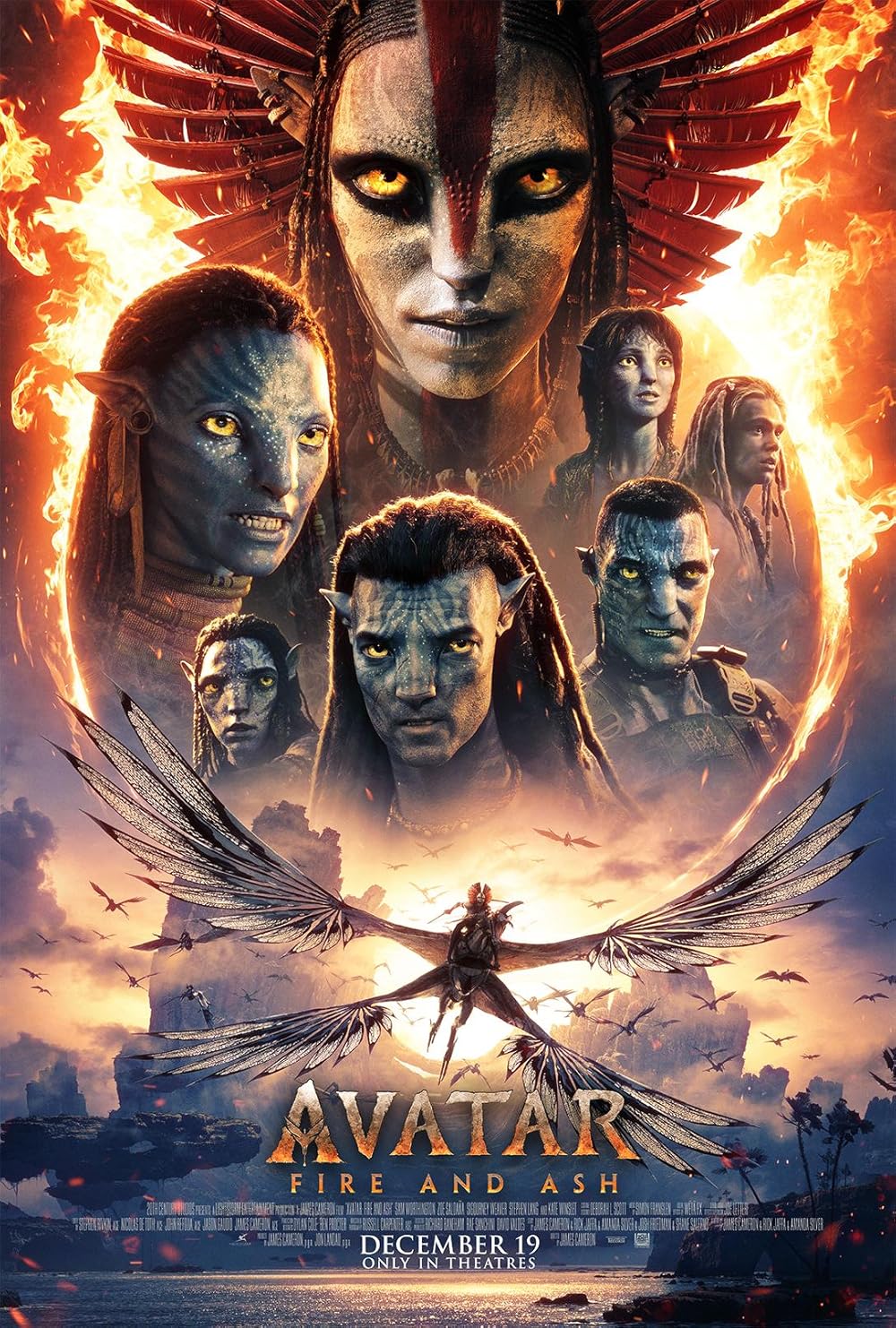

 |
December 12, 2025
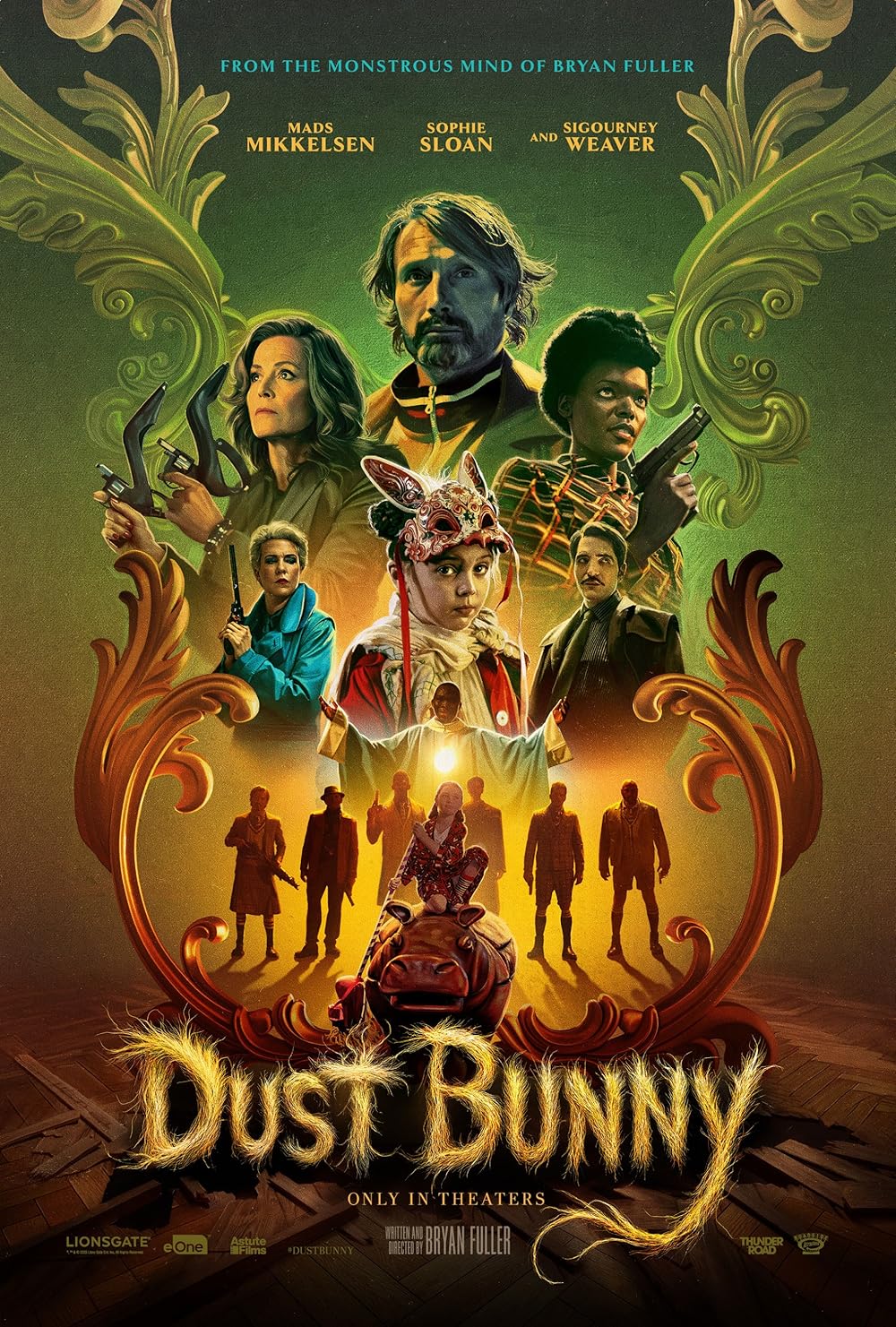

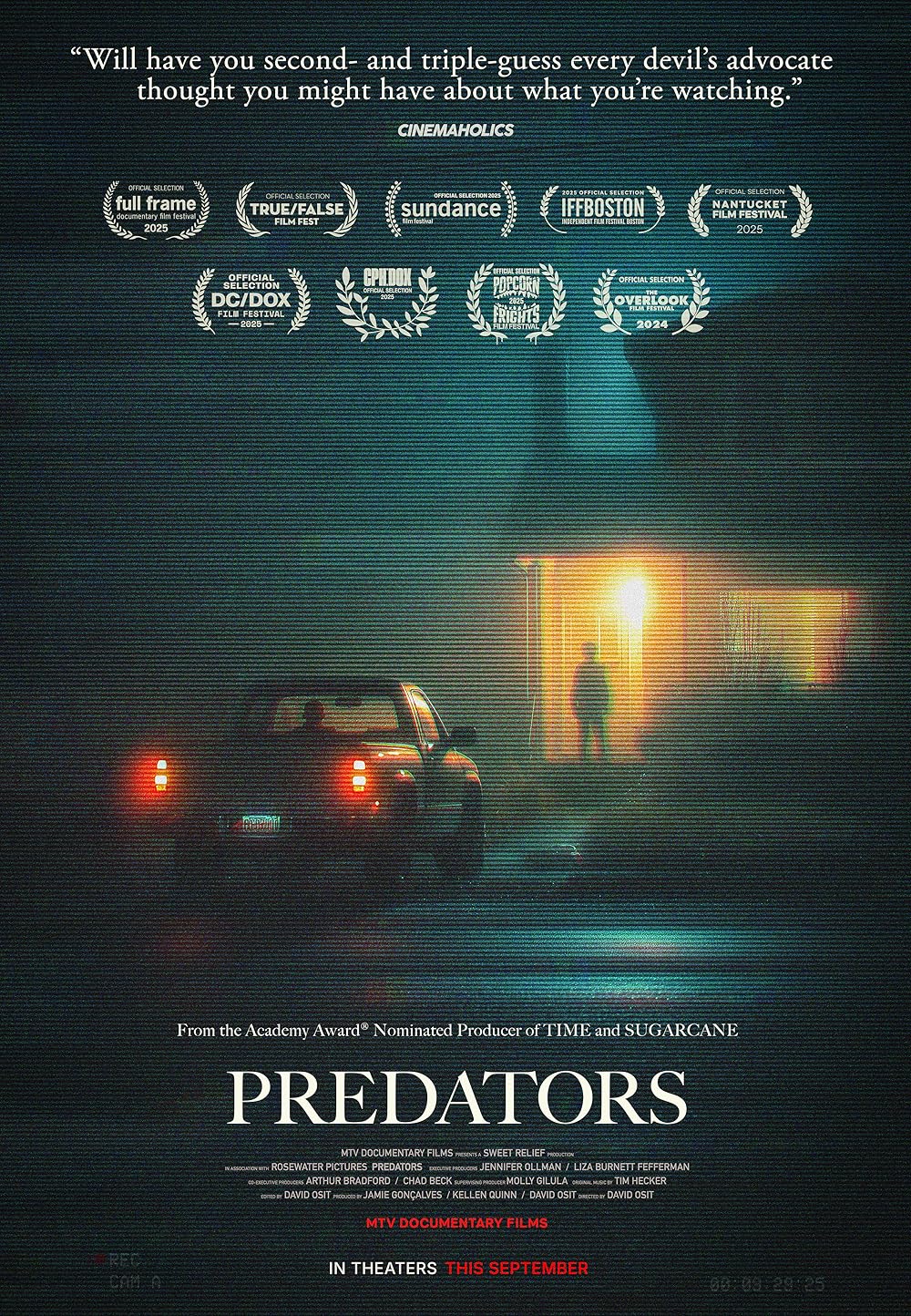
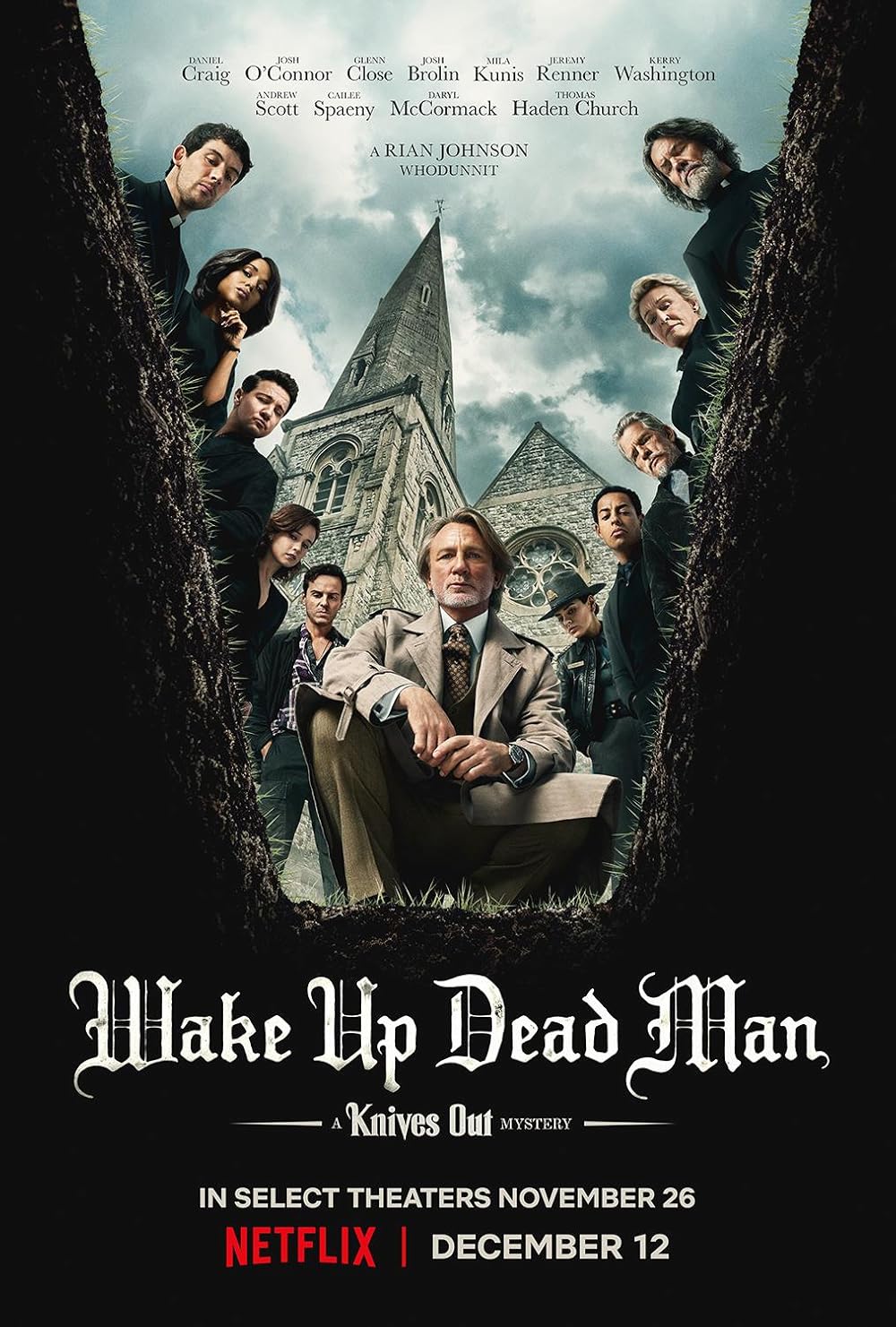 |
December 5, 2025
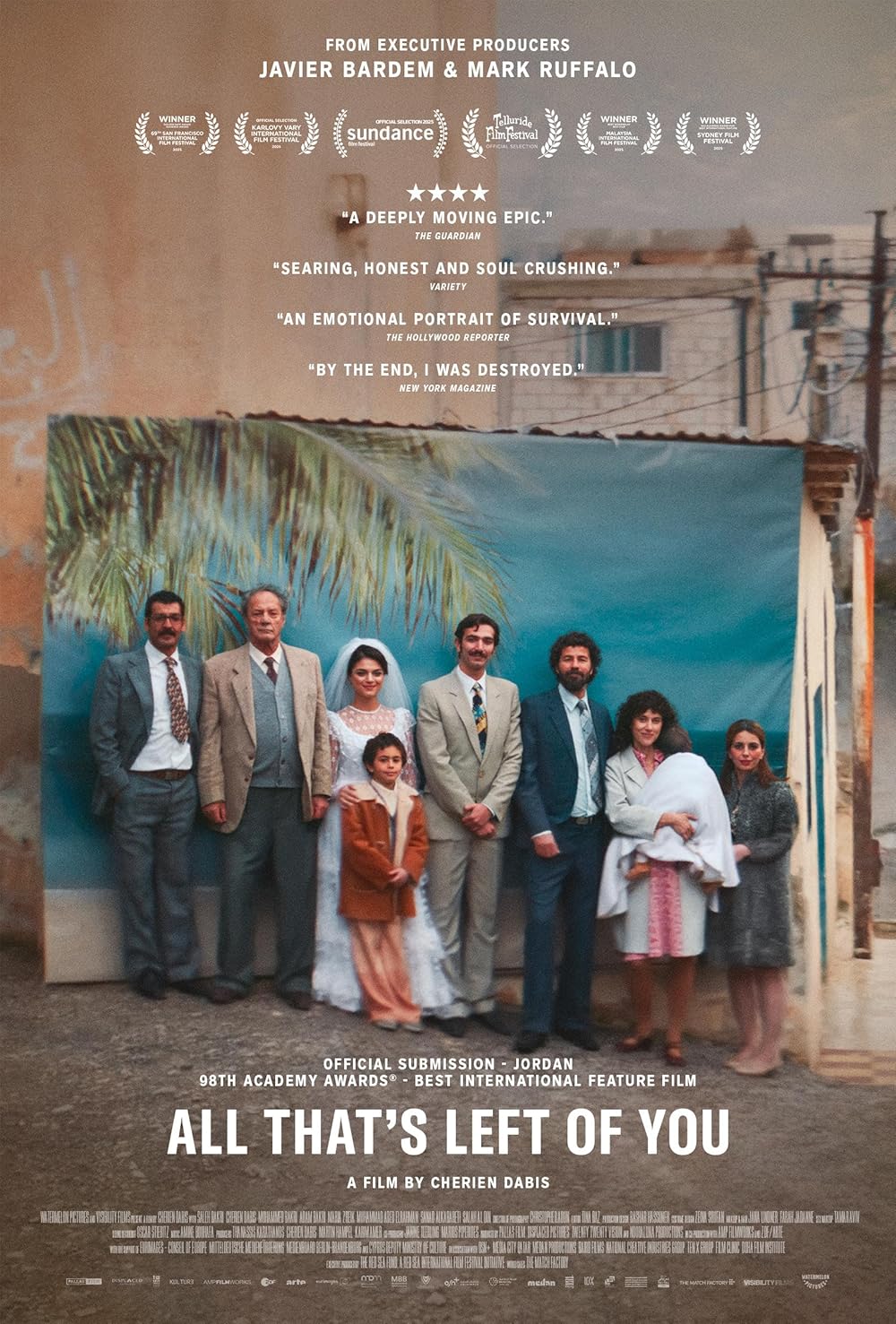

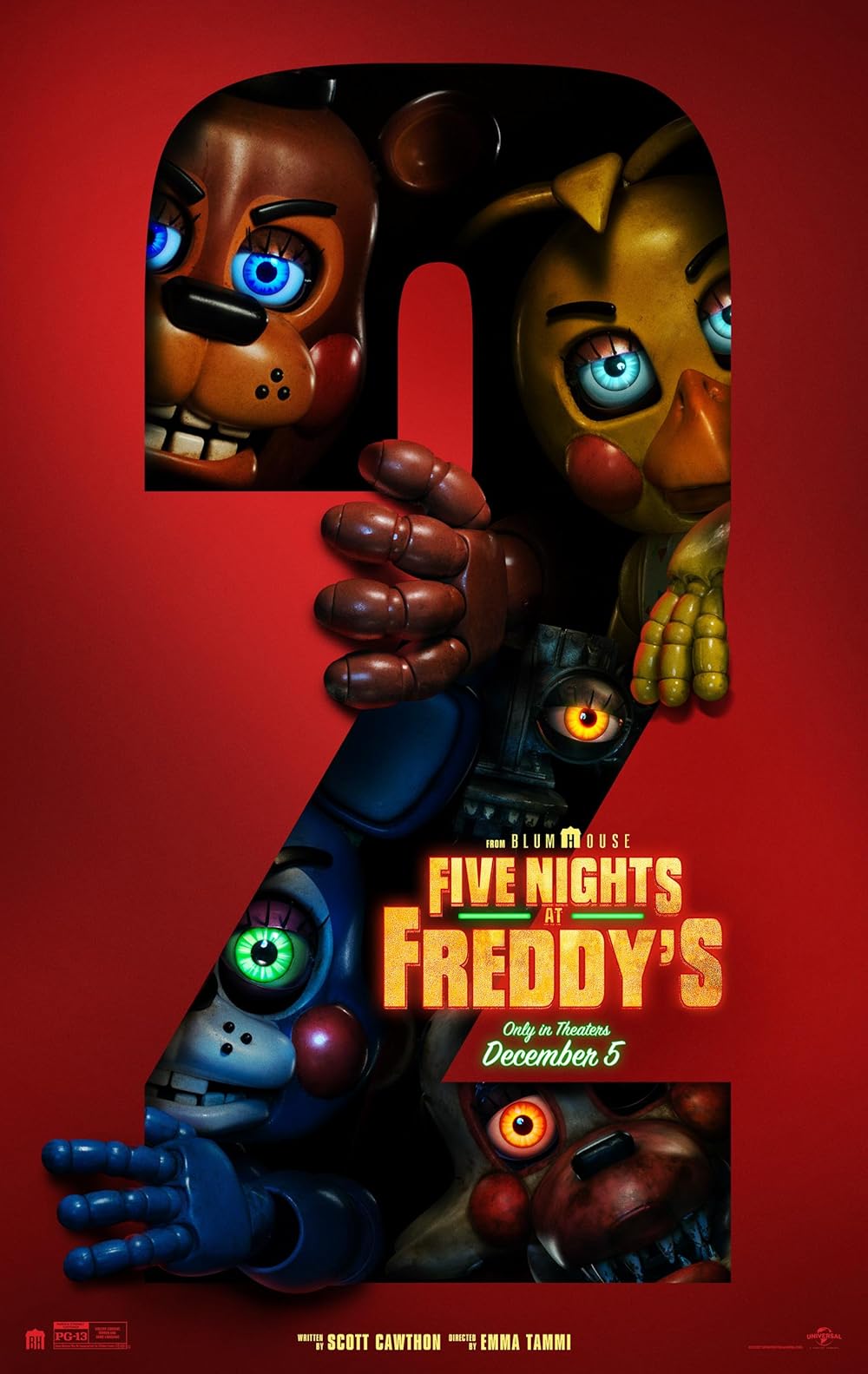
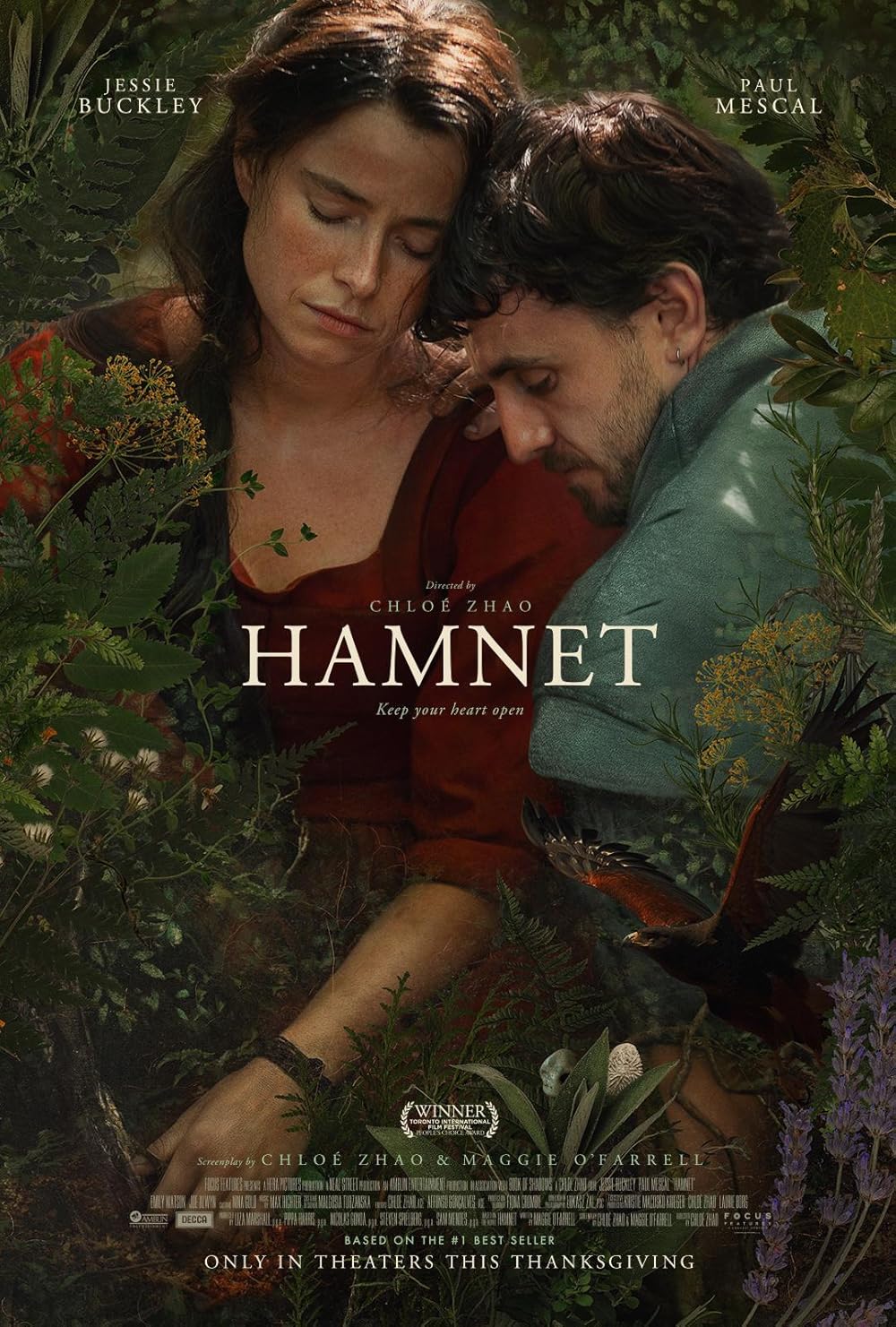
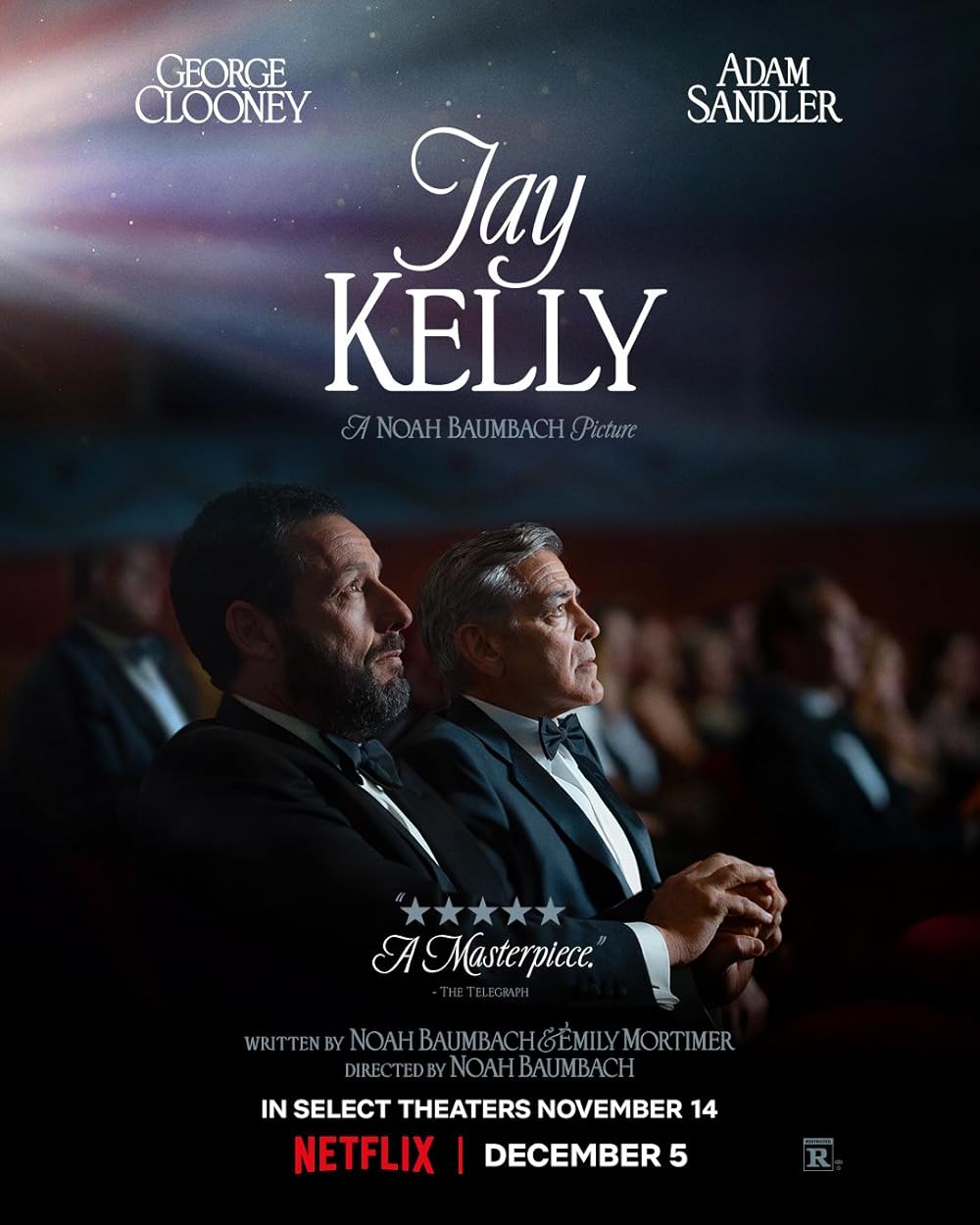

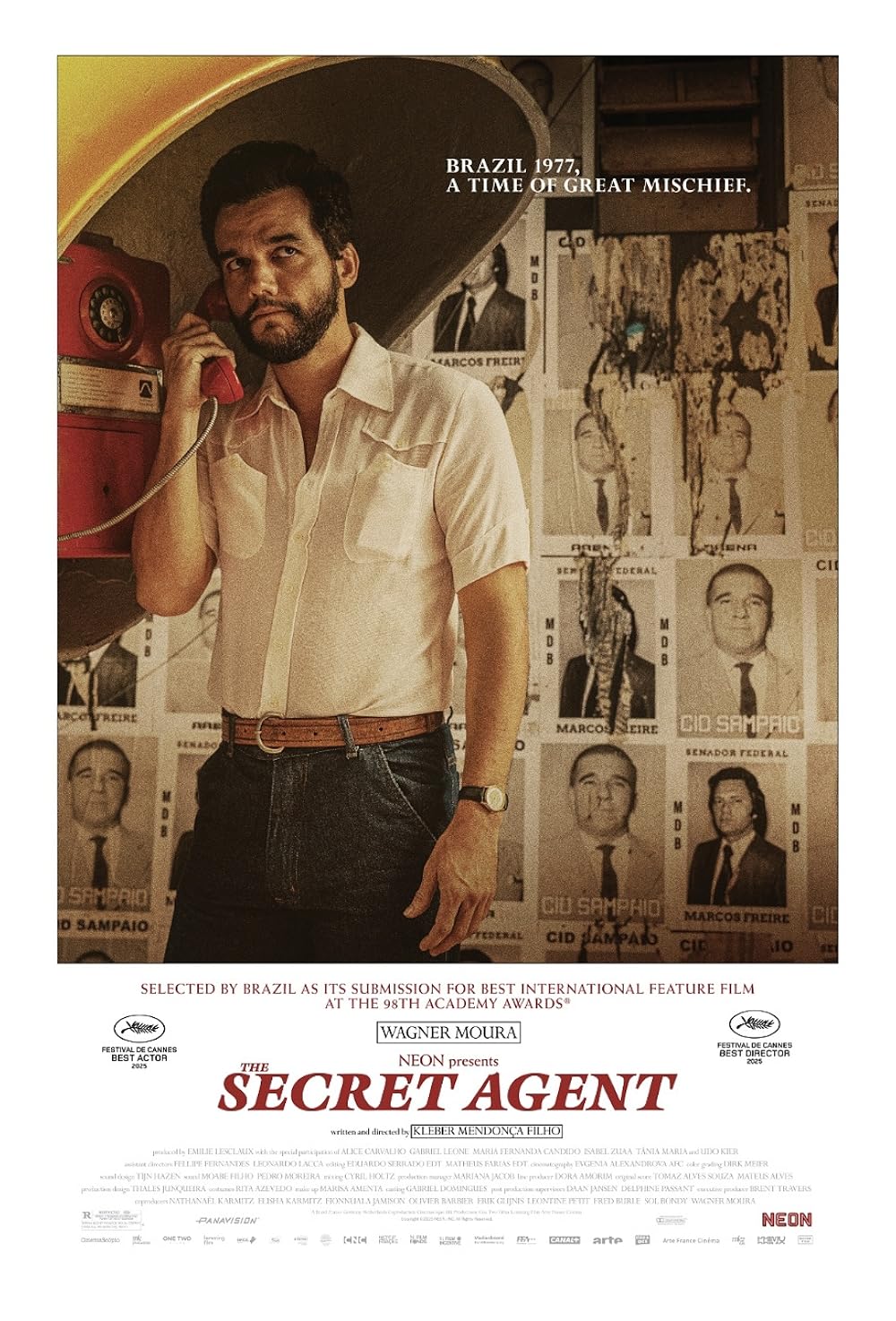 |
|
|
|
El Topo
(1970)
Directed by
Alejandro Jodorowsky
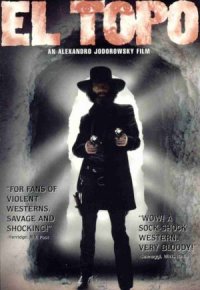
Review by
Zach Saltz
Midgets.
Tattoos.
Pools of
blood.
Elephant burials.
Severed limbs.
Such are the
hallmarks of the films of Alejandro Jodorowsky, the great surrealist
cult director.
Jodorowsky
is as much a cineaste as he is a spiritual guru, as his films often
combine multi-layered elements of many discrete schools of faith,
ranging from the widely-known to the obscure.
His 1970 midnight classic
El Topo (The Mole) looks like it was made for about fourteen
dollars, and is a strange sublimation of Christian symbolism, dime-store
black magic, and Eastern philosophy that is, in many ways, perfectly
unexplainable unless your viewing is enhanced with the aide of certain
psychedelic substances (obviously more readily available at the time of
its initial release).
The film is
unusual as a western in many ways.
It looks as though the characters speak Spanish while their
voices are awkwardly dubbed in English, with Korean subtitles to top it
all off (though the latter was probably attributed to the specific copy
of the film I had happened to rent).
The music is sparse, there are very few close-up shots.
The hero of the film is known only by the eponymous name El Topo,
“The Mole”, and is decked in chic leather garments with a Grizzly
Adams-like face full of ruffled hair and untrimmed beard.
His young son rides naked next to him on their horse, until he is
abandoned in favor of a sensuous mulatto.
El Topo’s mission is decidedly clear -- he must systematically
take out the four “masters” of the land, from each of whom he learns a
valuable lesson in the form of black magic (in that sense, they resemble
the villains of Aleister Crawley).
After the masters have been killed, El Topo is captured, taken
into a mountain where is kept by a group of midgets, and eventually digs
a hole to escape into the town below and kills everyone.
Then he dies and turns into a batch of honey for bees to feast
on.
But is that
what
El Topo is really about?
Just another gun-slinging cowboy who happens to look more like
Leatherface than Roy Rogers?
I think not.
First
of all, Jodorowsky uses the western genre to articulate death and decay
-- the corpses of men shot with guns and the decay of the plants trying
in all futility to grow.
The images here resemble those of “Paradise Lost”, and I don’t think
that’s a mistake; this vision of the west is clearly dystopian, and El
Topo embodies the traditional Man With No Name archetype trying to seed
out the tyranny plaguing the vast land.
The problem is (in my estimation; everything here is my
interpretation, take it or leave it) that El Topo is a mole, and, as the
opening credits tell us, he is blinded at the sight of the sun, a
classicalist Eastern symbol of enlightenment. El Topo says that he is
God, not unlike the Sufi poet Al Halaj, while the town below the
mountain may be Canaan, complete with
the worship of false idols (do you get the sense of paralyzing
discrepancy here?)
And,
like all great westerns, the essential element of loneliness is
omnipresent; Jodorowsky is a master at framing his shots in a way to
express the solitude of the central figure.
This is what was most confounding for me to consider after
watching the film, but I think the trick is the presentment of bizarre,
wildly visceral images (such as a man digesting a woman’s shoe or an
armless midget scrambling around) that contrast any sense of homeliness
the protagonist feels over the course of the story.
So, yes, the
film is wholly ambiguous, but quite trippy and psychedelic.
The vibrant colors of the sky look so perfect that they almost
resemble a Venetian matte, while the contrasting browns and reds of the
monolithic mountain and the pools of blood remind us of the desolate
destruction of life, as a result of the palpable as wells as the
surreal.
It’s clear that
the film is a product of the 1960s, a time when ambiguous spiritual
identity was advocated, and our interpretations of what we see in
Jodorowsky’s films may echo Milton’s Satan’s own words, “The mind is its
own place, and in itself / Can make a heaven of hell, a hell of heaven.”
Rating:

|
|
New
Reviews |
Reactions to the Nominations

Written Article - Todd |
2026 Oscar Predictions: Final

Written Article - Todd |
Todd Most Anticipated #5

Podcast Featured Review |

Podcast Review - Todd |

Podcast Review - Terry |

Podcast Review - Zach |
10th Anniversary

Podcast Oscar Review - Terry |
Director Blindspot Watch
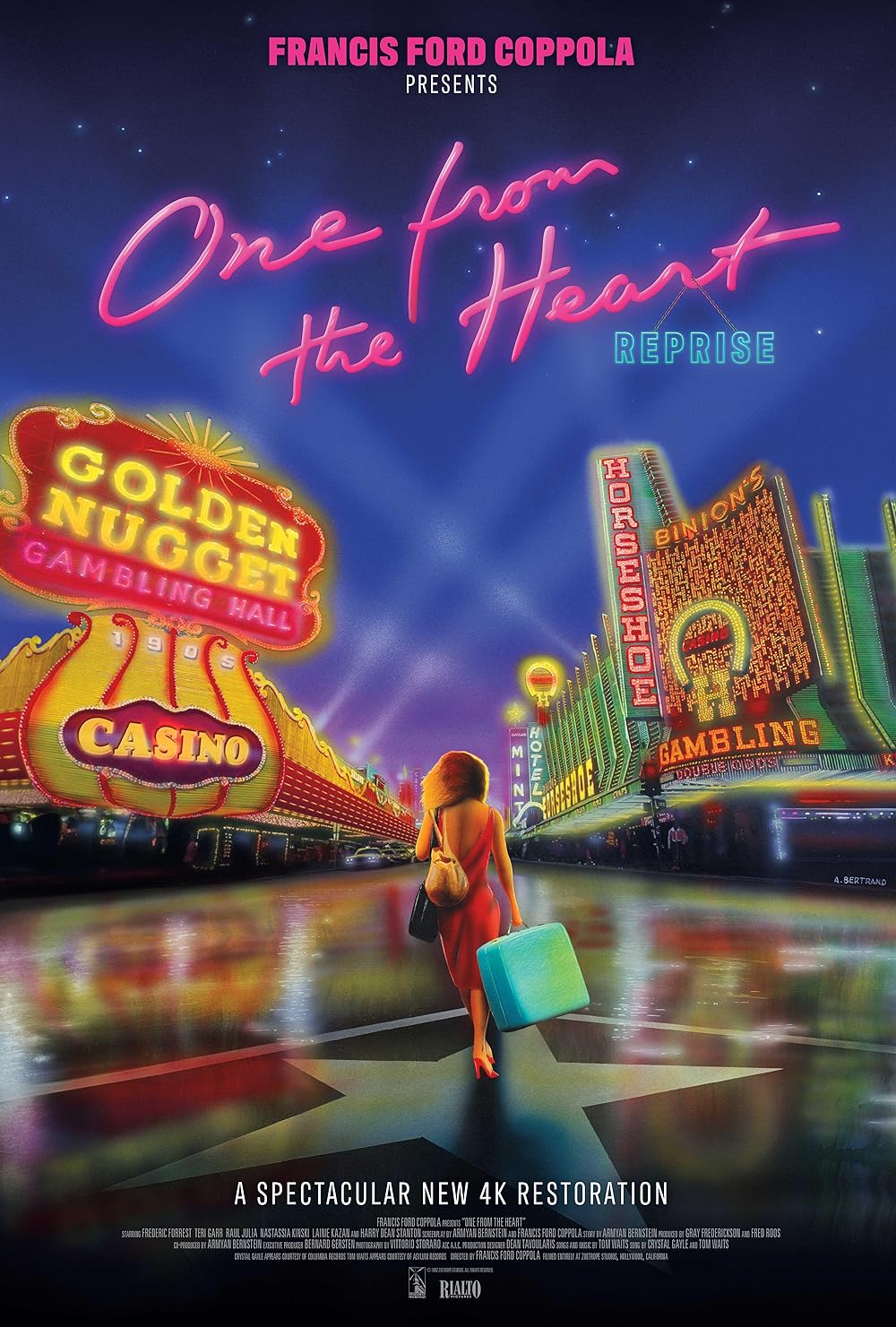
Podcast Review - Todd |
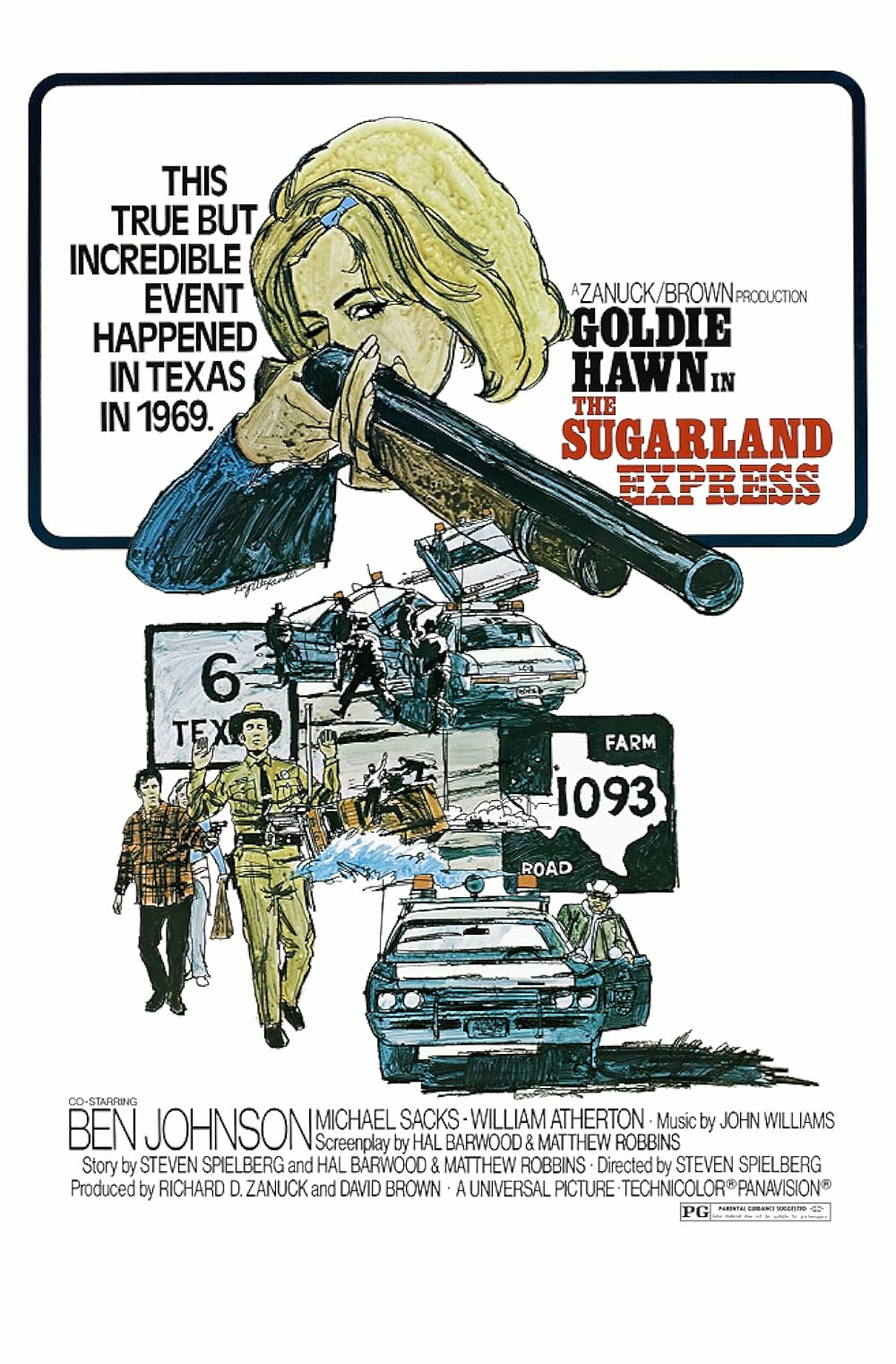
Podcast Review - Zach |
Ford Explorer Watch
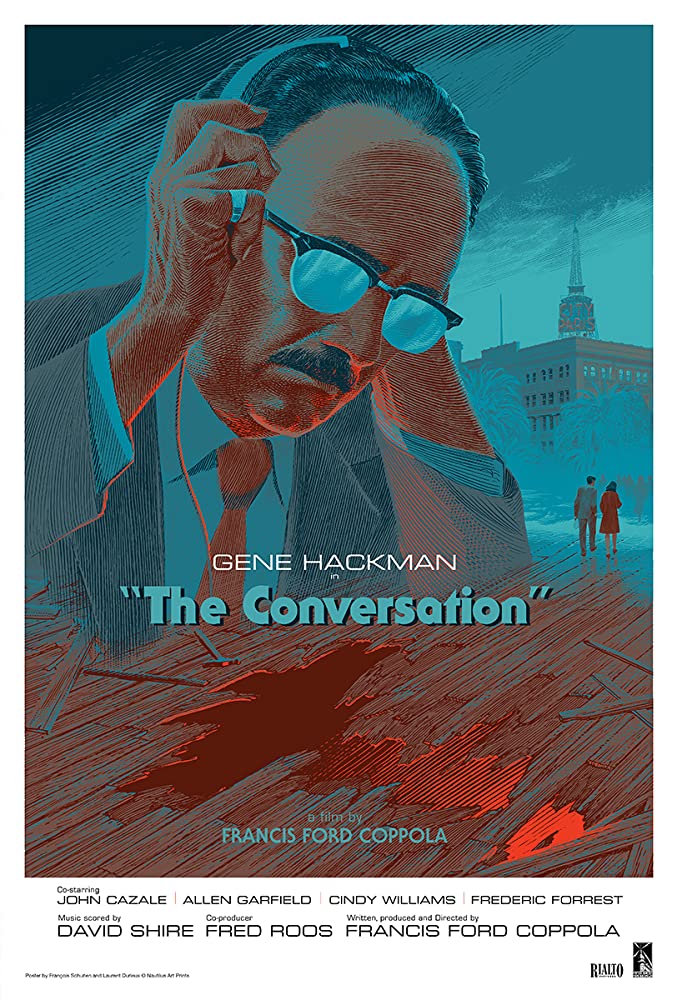
Podcast Review - Adam |
2027 Oscar Predictions: Jan.

Written Article - Todd |
Terry Most Anticipated #2

Podcast Featured Review |

Podcast Review - Terry |

Podcast Review - Zach |
20th Anniversary
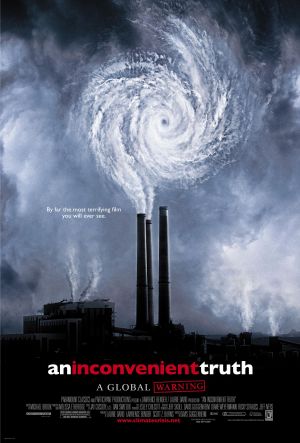
Podcast Oscar Review - Terry |
Ford Explorer Watch
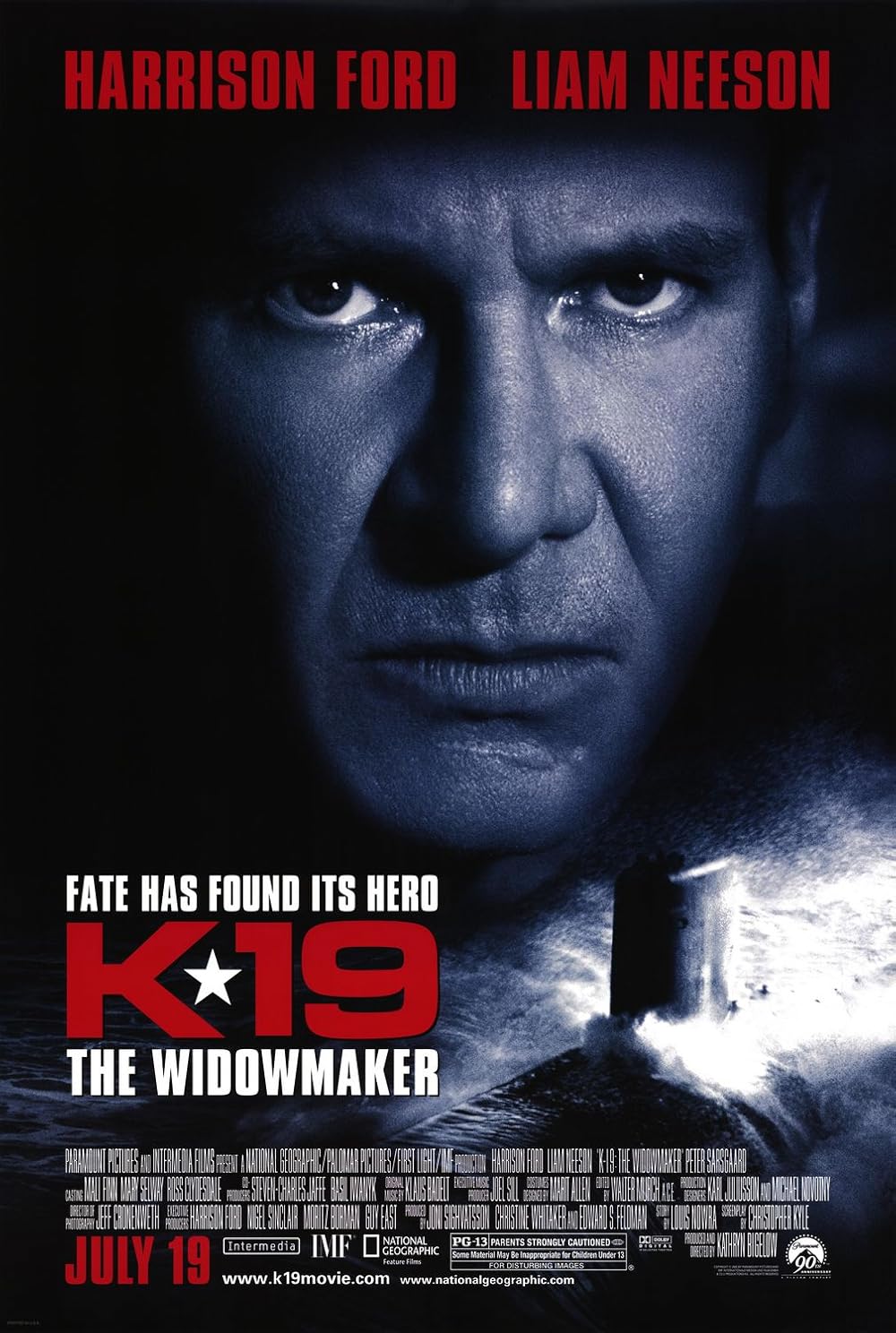
Podcast Review - Adam |
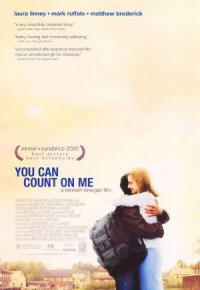
Podcast Trivia Review - Adam |
Director Blindspot Watch
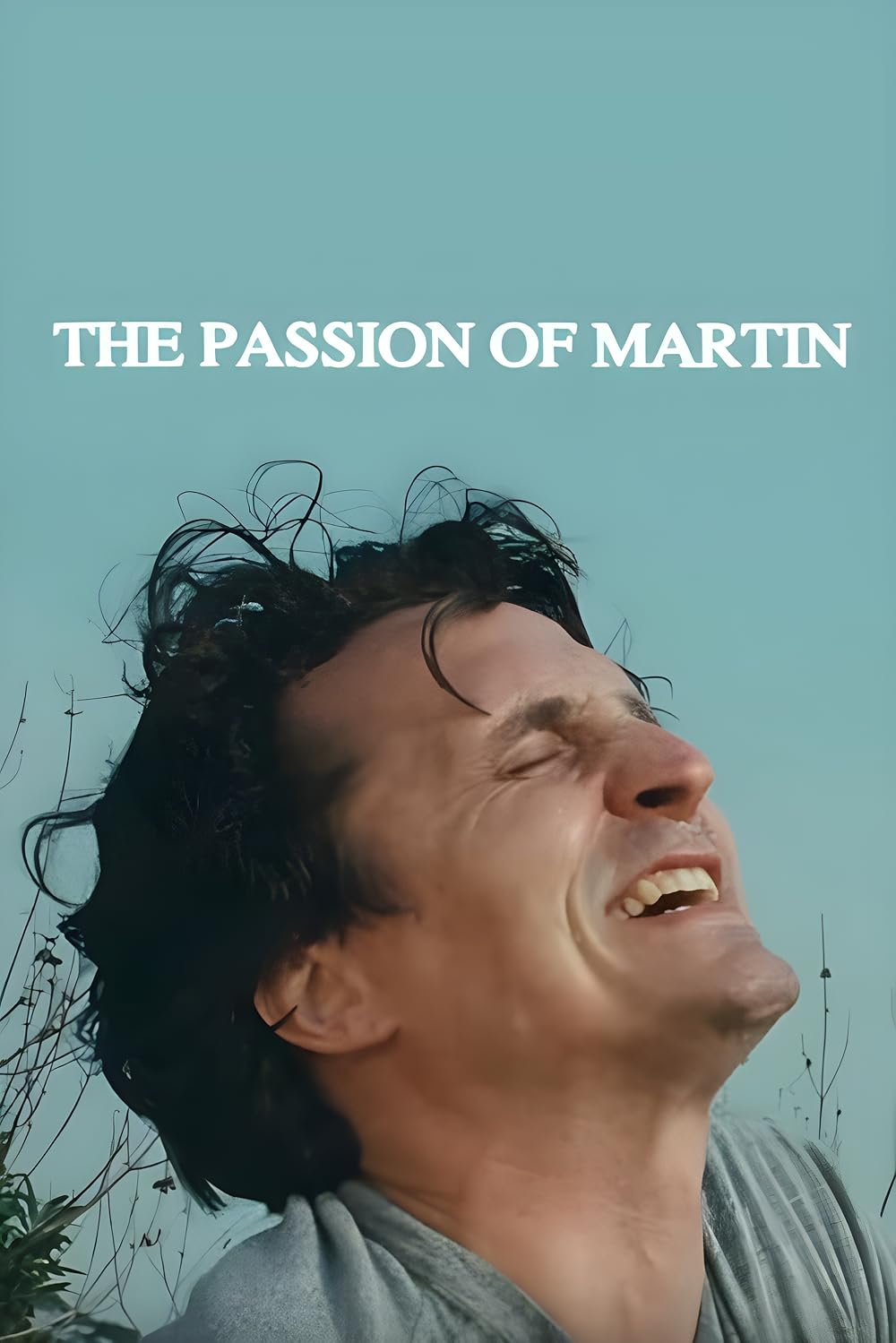
Podcast Review - Todd |

Podcast Trivia Review - Todd |
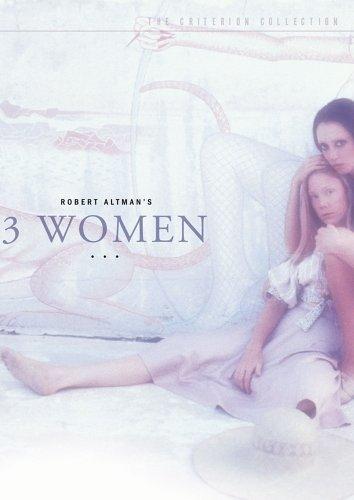
Podcast Trivia Review - Terry |
25th Anniversary
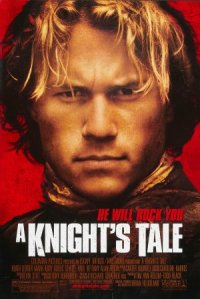
PODCAST DEEP DIVE |

Podcast Featured Review |

Podcast Review - Adam |

Podcast Review - Terry |

Podcast Review - Terry |
Indie Screener Watch
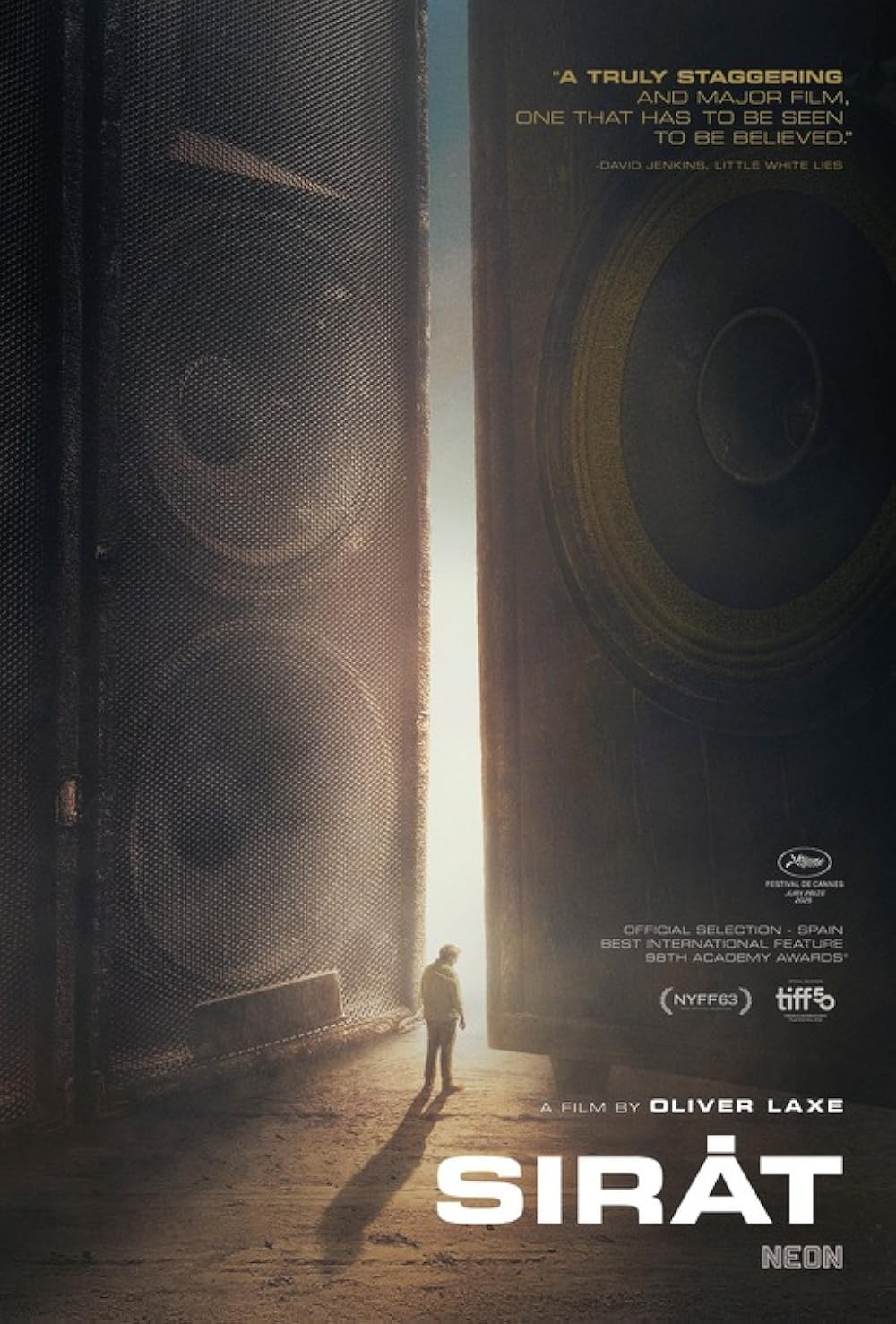
Podcast Review - Todd |
|
|
|